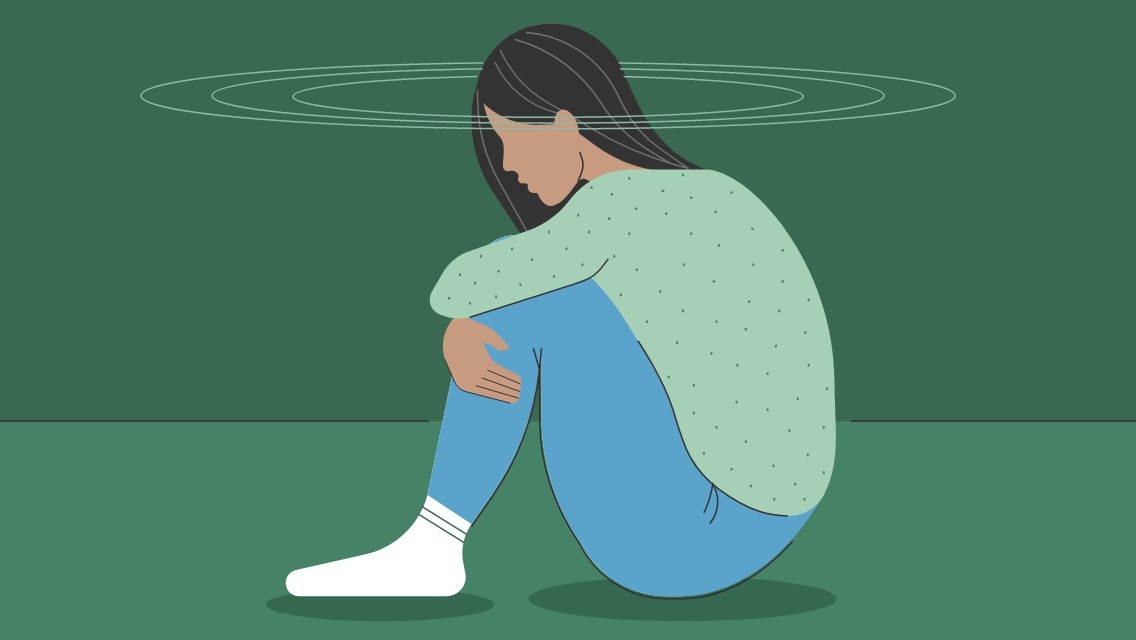
Understanding Emotional Triggers in Addiction Recovery and How to Manage Them
Triggers are the emotional, physical, or environmental cues that can lead someone in recovery back to drugs or alcohol. These comments often come unexpectedly, sparked by a memory or a stressful event, and they can trigger intense emotions that are difficult to manage without the right tools.
In the context of addiction recovery, learning how to recognize and respond to these emotional triggers is critical. Without adequate coping mechanisms, even a minor setback can lead to relapse. This is why understanding the nature of triggers and building a plan to address them is one of the most essential parts of recovery.
What are emotional triggers in addiction recovery, how do you recognize them early, and what coping strategies can help you stay on track during healing?
Dealing With Triggers In Recovery
Dealing with triggers in recovery requires both awareness and action. Some triggers are internal, like an internal surge of anxiety or guilt, while others are external, such as encountering people or places associated with past substance misuse. In either case, these triggers can trigger negative emotions, cravings, and a strong emotional response.
People in sustained recovery must learn how to identify triggers early. Whether it is a conversation that feels tense or a memory that resurfaces, spotting the signposts of difficulty gives someone the chance to activate their healthy coping strategies and protect their sobriety. That’s why developing a plan for managing emotional triggers is essential for long-term success.
Internal and External Emotional Triggers and How to Manage Them
Internal triggers are emotional or psychological. The signals often come from within, and they help someone know that something is destabilizing. These may include:
- Intense emotions that arise without warning
- Painful memories from past substance use or past trauma
- Mental health issues such as post-traumatic stress disorder or mood disorders
- Thoughts tied to regret, self-criticism, or euphoria from the early days of sobriety
Understanding and managing internal triggers involves practices like emotional regulation, mindfulness, and therapy like Cognitive Behavioral Therapy that help people face complicated feelings without resorting to addictive behaviors.
External triggers, on the other hand, are external events or circumstances, including:
- Visiting locations associated with past drug or drinking
- Interacting with friends or acquaintances who use
- Stressful situations or relationship issues
- Significant life changes: a move, job loss, or family tension
These triggering situations often induce cravings or emotional tension, but with strategies like avoiding high-risk scenarios, setting boundaries, or leveraging a strong support system, they can be managed effectively.
Identifying Triggers to Stop Emotional Relapse
The ability to identify triggers before they escalate into full-blown relapse is essential. When people fail to recognize addiction triggers, they can spiral into emotional relapse, which most of the time precedes actual substance abuse. Warning signs include:
- Feeling anxious or moody without reason
- Withdrawing from loved ones or skipping self-care
- Romanticizing or replaying memories of drugs or alcohol use
Creating a relapse prevention plan that lists personal triggers helps individuals stay vigilant. Discussing triggers openly in support groups or with a therapist builds accountability and clarity.
Developing Coping Strategies for Sustained Recovery
Once triggers are identified, individuals need coping strategies to respond effectively. Develop coping strategies that are proactive, personalized, and adaptable. This might include:
- Deep breathing exercises to reduce physical tension and calm intense emotional reactions
- Grounding techniques such as naming five things you see or feel in the moment
- Regular self-care routines: movement, rest, nutrition, meditation
- Attending support groups and therapy to maintain connection and accountability
- Writing in a journal to explore negative emotions and track progress
These healthy coping strategies empower people to meet triggers head-on, rather than reacting reflexively. Many addiction treatment centers offer therapy, support groups, and skill-building sessions that specifically address emotional triggers and relapse prevention.
Addiction Trigger Awareness and Resilience
An addiction trigger does not always need to drive someone back into substance misuse. Recognizing a looming trigger and responding with emotional regulation skills is part of effective relapse prevention. With practice and mental health support, people gain tools to face cravings and uncertainty.
A proper recovery plan also entails:
- Professional support for mental health conditions.
- Methods to handle withdrawal symptoms or residual physical sensations.
- Emotional rehearsal for high-risk moments.
Over a sustained period, people develop resilience that undercuts the power of triggers and strengthens long-term recovery.
High‑Risk Situations and Emotional Relapse
Certain high-risk situations like family conflict, sudden loss, or exposure to users can lead to emotional relapse if not anticipated. These are moments when emotional intensity peaks, and if not addressed, may lead to use.
Relapse prevention planning might include:
- Having a go-to person or hotline
- Using coping strategies such as meditation or grounding
- Practicing refusal skills like “no thanks” beforehand
- Reviewing progress in therapy or support groups
Being prepared for these scenarios helps ensure that triggers don’t override recovery goals.
Building Support Systems and Long-Term Recovery
In both early recovery and later stages, a strong support system is vital. Whether through sponsors, family, therapy, or mutual aid meetings, connection creates accountability and buffers against isolation.
Individuals should also:
- Continue contributing to support groups
- Update coping strategies when significant life changes occur
- Monitor for new emotional triggers
- Prioritize self-care, such as sleep, nutrition, and wellness routines, to reinforce emotional regulation
This long-term engagement strengthens recovery resilience and emotional stability.
Conclusion
Dealing with triggers in recovery is not a one-time event. It is a lifelong practice. By learning to identify triggers, cultivating healthy coping mechanisms, and building solid support systems, individuals can shift from being driven by triggers to mastering them.
Emotional triggers may still arise, but with thoughtful self-awareness and consistent tools, they no longer have the power to derail growth. Instead, they become opportunities to reinforce recovery, cultivate emotional strength, and deepen gratitude for sobriety.
For those seeking flexibility in their recovery journey, structured outpatient treatment programs can provide ongoing support while allowing individuals to maintain daily responsibilities.

 Troy Starling is the dynamic and innovative mind behind an array of successful digital ventures, renowned for his expertise in technology and marketing. As a seasoned entrepreneur, Troy’s journey is marked by his ability to identify and capitalize on emerging trends, creating solutions that resonate with modern consumers. His projects often blend cutting-edge technology with user-friendly interfaces, making technology accessible to a broader audience. Troy’s leadership style is characterized by a forward-thinking approach and a commitment to fostering a culture of creativity and continuous learning within his teams. His ventures not only achieve commercial success but also set new standards in their respective industries, reflecting his vision of leveraging technology to improve everyday life. Whether it’s through groundbreaking apps or digital platforms, Troy Starling remains at the forefront of the digital revolution, constantly pushing boundaries and inspiring innovation.
Troy Starling is the dynamic and innovative mind behind an array of successful digital ventures, renowned for his expertise in technology and marketing. As a seasoned entrepreneur, Troy’s journey is marked by his ability to identify and capitalize on emerging trends, creating solutions that resonate with modern consumers. His projects often blend cutting-edge technology with user-friendly interfaces, making technology accessible to a broader audience. Troy’s leadership style is characterized by a forward-thinking approach and a commitment to fostering a culture of creativity and continuous learning within his teams. His ventures not only achieve commercial success but also set new standards in their respective industries, reflecting his vision of leveraging technology to improve everyday life. Whether it’s through groundbreaking apps or digital platforms, Troy Starling remains at the forefront of the digital revolution, constantly pushing boundaries and inspiring innovation.
